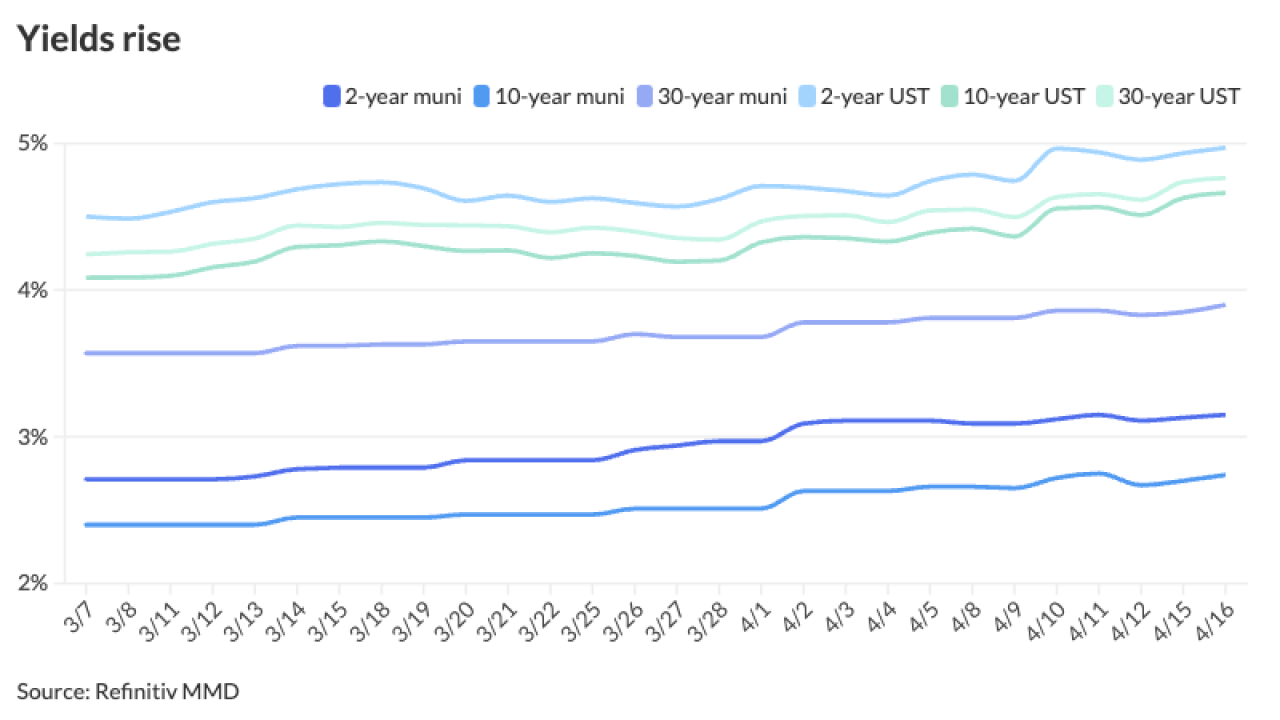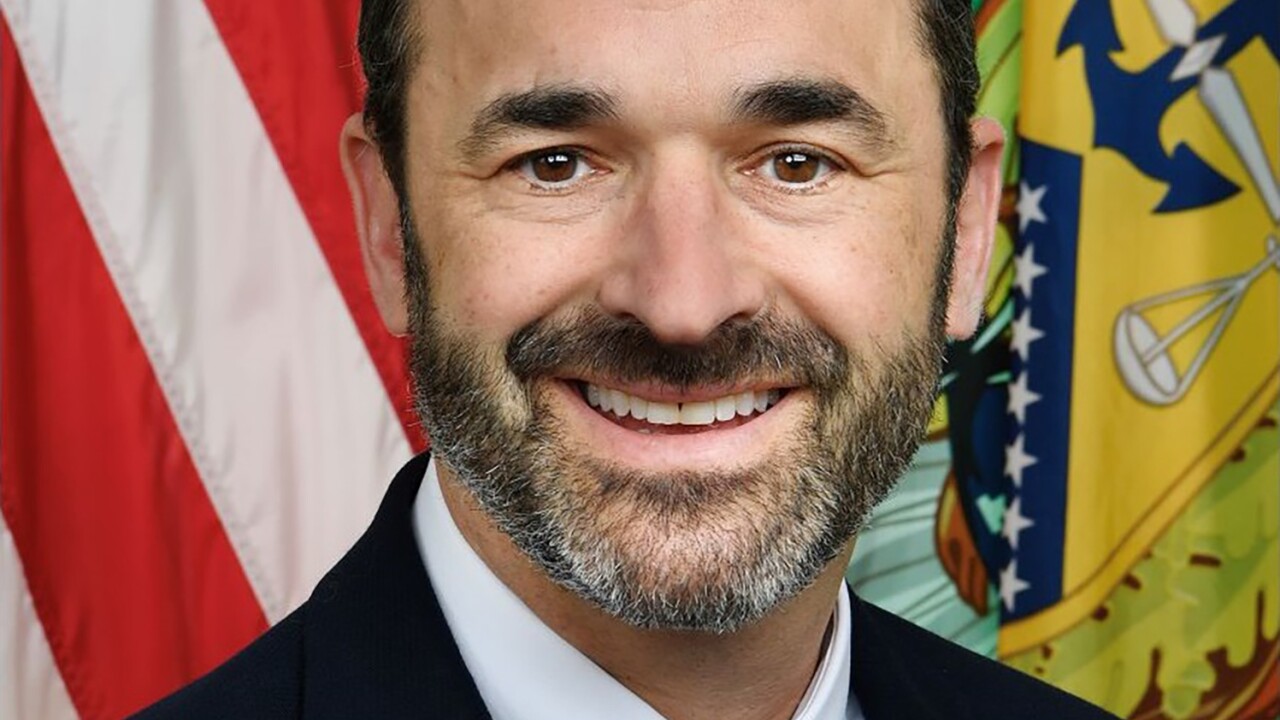Florida lawmakers on Sunday approved an $88.7 billion budget for fiscal 2019.
The spending plan is 4.24% higher than the current budget, and marks the eighth consecutive year of record spending by the Sunshine state.

The budget, approved in a session two days after scheduled adjournment, consists of $32.4 billion in the general fund, a 4.5% increase, and $56.3 billion in federal funds and revenue swept from trust funds.
Working capital reserves total $1 billion, while the budget stabilization fund is $1.48 billion. If additional emergency funds are needed, $770.3 million can come from the Lawton Chiles Endowment Fund, a trust fund that is supposed to be dedicated to low income housing.
The amount of bonding authorized in the budget was not immediately available, although the GOP-led Legislature typically goes along with Gov. Rick Scott's recommendation.
Scott, a Republican in his final year in office, sought $739 million of bonds for transportation projects.
In the Legislature's budget, nearly $40 million in spending is contingent on the state receiving hurricane-related reimbursements from the Federal Emergency Management Agency.
Tax cuts total $169 million. Most of that will fund sales tax holidays for back-to-school and hurricane-related supplies.
“This balanced budget includes unprecedented K-12 per student funding, targeted pay raises for state law enforcement, state firefighters, and Department of Juvenile Justice probation and detention officers, and $100 million for Florida Forever, while setting aside $3.3 billion in reserves,” said Florida Senate President Joe Negron, R-Stuart.
Negron also said that the budget sets aside $53.5 million to fund treatment and prevention of opioid abuse, and about $124 million for student financial aid and college scholarships.
Joseph F. Pennisi, executive director of the nonprofit analytical Florida Policy Institute, said although lawmakers touted “unprecedented” per-pupil funding levels in grades K-12, that remains “far below pre-recession funding levels when accounting for inflation.”
Pennisi was also critical of lawmakers for once again raiding the Sadowski Affordable Housing Trust Fund, sweeping $182 million into the general revenue fund while approving a $169 million tax reduction package.
As of Monday, the budget bill had not been sent to Scott. Scott, who has line-item veto power, is expected to run for the U.S. Senate seat held by Democrat Bill Nelson.
The 60-day legislative session should have ended Friday, but lawmakers were late giving final approval to the budget by two days because several major funding bills took the limelight late in the session, including a gun safety bill prompted by the Feb. 14 mass murder of 14 students and three adults at Marjory Stoneman Douglas High School in Parkland.
The $400 million Marjory Stoneman Douglas High School Public Safety Act funds a program to train and arm certain school staff. It also appropriates money to boost mental health services in schools and raises the age to purchase long guns such as assault rifles to 21 from 18.
Scott signed the act, in Senate Bill 7026, on Friday saying that it will “make our schools far safer.” Shortly after signing, the National Rifle Association filed a federal lawsuit contending that the bill violates both the Second and Fourteenth Amendments because it raises the age to buy guns to 21.
In response to the start-up of All Aboard Florida’s Brightline-branded passenger rail service, the budget bill orders the Office of Program Policy Analysis and Government Accountability to study existing and planned passenger rail operations to determine if state laws or regulations are needed. A report is due to the governor, the president of the Senate, and the speaker of the House By Nov. 1.





